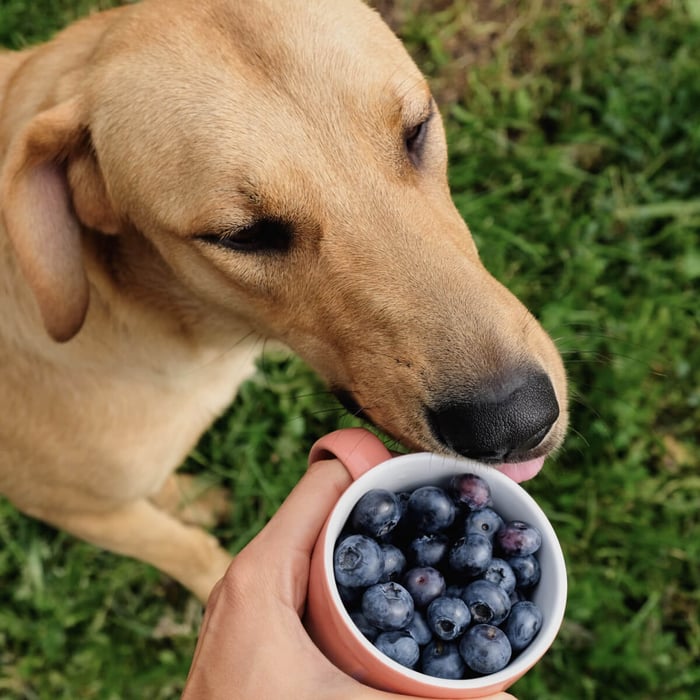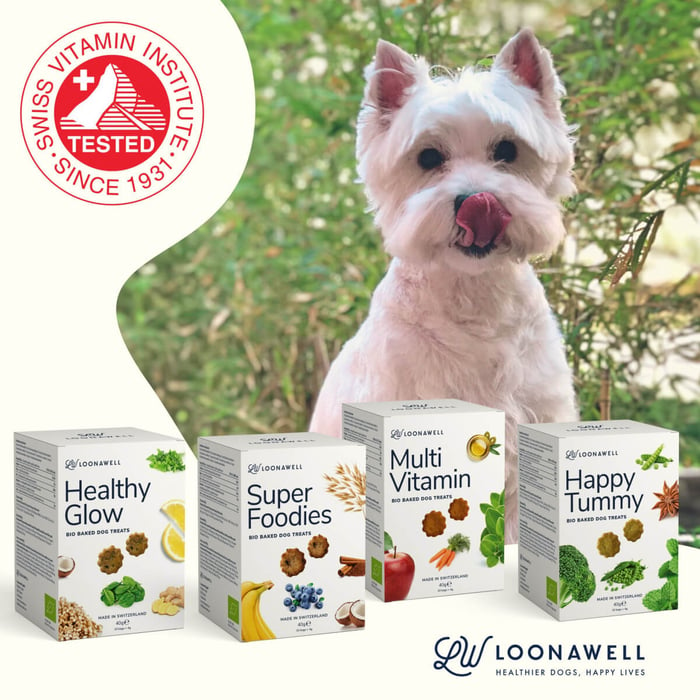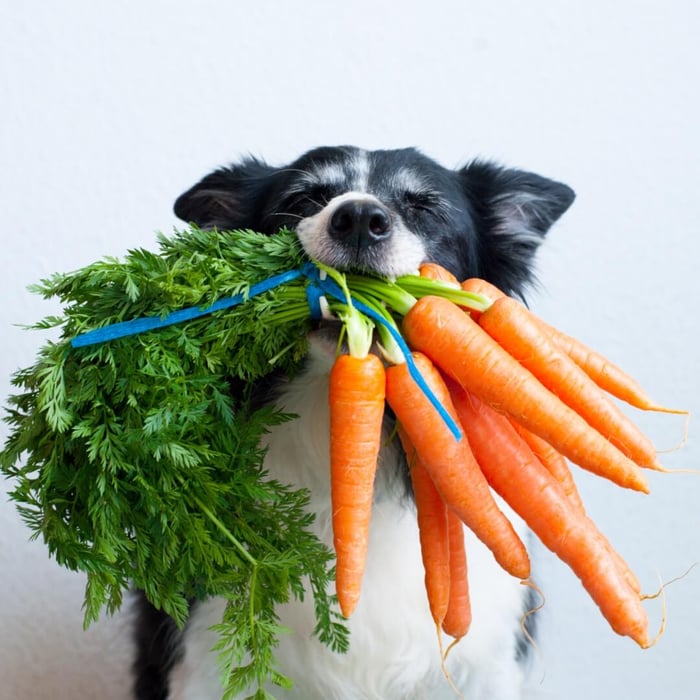When you don’t have your four-legged friend’s favored treats at hand, there are still plenty of options that can be equally delicious and nutritious. So, can dogs eat blueberries? You may already know that some fruits and vegetables are not suitable for dogs. What category do these sweet treats fall into?
We have great news! Blueberries can be enjoyed by dogs, meaning a widely available seasonal snack that you can share with your pup!
An Overview of Blueberries For Dogs
Not only are they safe for dogs, but blueberries are considered a superfood for humans. Luckily, this also extends to our canine friends. This fruit has an exceptional nutrient density and many health benefits. It is made up of some of the components that contribute to a healthy diet, but that many people and animals do not get enough of on a daily basis.
Blueberries truly earn their superfood reputation.
The benefits of blueberries for dogs include:
● The fact that they are low in calories.
● They also contain plenty of Vitamin C and K1. Learn more about the impact of these vitamins here.
● Blueberries are rich in Manganese, which has a number of benefits for dogs including boosting bones and cartilage health.
● They are a source of phytochemicals. These are chemical substances produced by plants that are involved in the prevention of a variety of diseases both in humans and animals, including cancer.
● Blueberries contain antioxidants that help prevent cell and molecular damage in both dogs and humans.
Are Blueberries Safe For Dogs?
Yes. Blueberries are safe, natural dog treats.
They fall into the group of fruits that are not only good for dogs, but also healthy, and encouraged as part of a healthy and balanced diet.
Other fruits that fall into this category are strawberries, apples, bananas, pears, mango, watermelon and raspberries, just to name a few. As always, be mindful of the amount you share with your pup (see next point).
How Many Blueberries Should My Dog Have?
Many dogs find blueberries delicious. Given the choice, they’d eat them by the container. As with any fruit, they should be considered a treat for your dog and given in moderation. This means that they should make up a maximum of 10% of your dog’s calorie daily intake.
If possible, be sure to give your dog organic blueberries. We explain here why this matters.
Besides the amount, and where you source your berries, you should also consider how to give blueberries to your dog. They can be given fresh after washing, frozen, pureed, or mixed with other fruits.
If you have a small dog; round, small objects such as blueberries might represent a choking hazard and in that case, it is better not to give your pup whole blueberries. Pureed or at least broken into smaller pieces may be easier for your small dog to chew and digest.
What About a Blueberry Muffin or Yogurt? Can My Dog Eat These?
The answer is usually “no”. Muffins, yogurts, and other products you can buy from the supermarket will usually contain sugars, preservatives, humectants, and other potentially harmful ingredients for your dog. It is also worth noticing that many dogs are lactose intolerant, and drinking milk or eating milk-derivatives might cause intestinal upset.
LOONAWELL is often referred to as a pioneer brand…but why? How is this related to Blueberries?
There are a few main reasons:
● At the core of LOONAWELL is the fact that every ingredient used in our recipes needs to contribute positively to a dog’s nutritional needs, in other words, no artificial ingredients or other cheap fillers (colors, preservatives, flavors). These ingredients occupy space but don’t contribute to a healthy or nutritious goal, so we leave them out of our products. This decision already sets us apart from 99% of the competition.
● Additionally, although the Pet Food regulation allows for dog biscuit manufacturers to include as little as 3% of a certain ingredient in order to be able to name it on the package, at LOONAWELL, the inclusion of individual fruits and vegetables is up to 30%.
● Most industry players do not use fresh fruits in dog biscuits and treats, but pomace instead. Pomace is what’s left of the fruit that has been processed for higher value items – Human food. Pomace is high in fiber but has been depleted of almost all original nutritious content. In all our products, we never use by-products or leftovers. Instead, we always use fresh fruits and vegetables with an intact nutritional content.
● Lastly, and as you might have noticed, most Pet Food brands pack their dog treats in plastic bags. At LOONAWELL we have abolished plastic bags.
Now you know why LOONAWELL has been the first Pet food brand in the world to have been awarded the Swiss Vitamin Institute label.
Treat your dog to a healthy moment, FREE of charge!
New to LOONAWELL and unsure which of our organic dog treat selection your pet would like the most? No worries, just drop us an email at hello@loonawell.com with your address and name of your dog, and we’ll send you some samples for free.
If you’re familiar with LOONAWELL, then treat your dog to a healthy moment by shopping online now:
CHF. 16.00
Contribute to a dog's healthy immune system. These organic treats are handcrafted and traditionally baked, with "superfoods”, rich in antioxidants, vitamins, and minerals. A boost of nutrition, supporting your furry friend's overall well-being and vitality. Organic and human-grade With bananas,… Read MoreSuper Foodies Organic Baked Dog Treats





